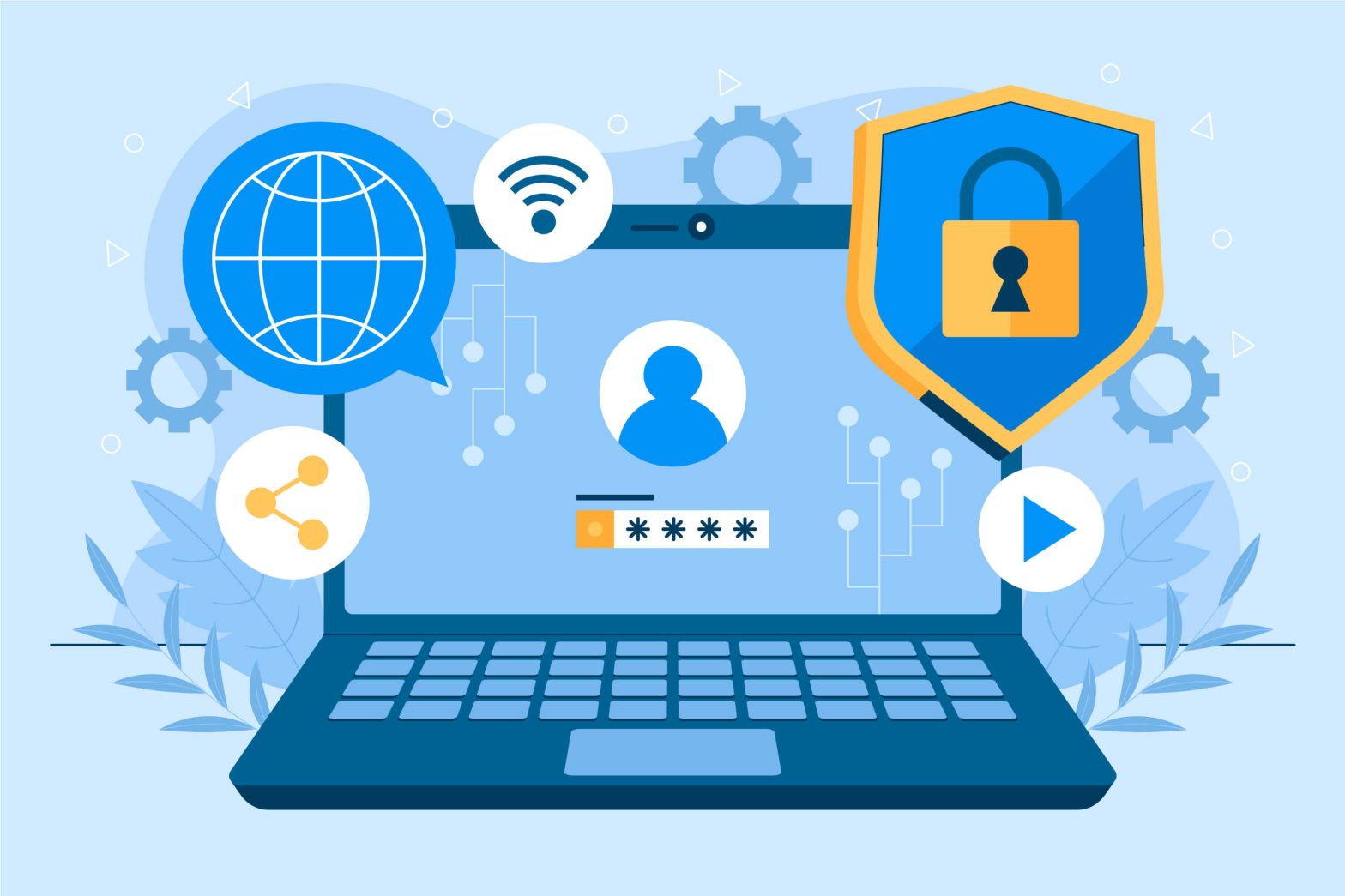

Many website owners assume that having a secure password is enough to prevent cyberattacks. However, hackers are becoming smarter, using advanced techniques to bypass basic security measures. Without a strong security strategy, your website could be vulnerable to malware, phishing, and data theft. So, what can you do to strengthen your defences? Let’s dive into key website security measures that every business should implement.
A secure website is the necessity for business continuity, customer trust, and online visibility. Thus, website security has to be very important:
Search Engine Improvement – In search rankings, Google prioritises secure websites above the others. In case
you don’t have proper security set up, you can be losing valued traffic.
Preserve Customer Trust and Confidence
– A secure site reminds visitors that personal information has been taken
care of, and this spells out engaging with the brand.
Protect Data – Cyber Attacks could involve data theft, financial losses, or operational disruptions. Breach prevention saves you from multiple expenses during damage control.
Weak passwords are the leading cause of security breaches, as passwords are easily guessed and often used, making hacking into a website easier. Using simple or common passwords allows hackers easy access to your website. Use strong passwords which include uppercase and lowercase letters and numbers and symbols. Avoid guessable information such as birthdays, names, or common words. Updating passwords every 60 to 90 days also reduces the chances of breaches.
The SSL (Secure Sockets Layer) certificate encrypts the messages exchanged between your site and visitors, hiding sensitive details like login credentials and payment information. No SSL certificate means that the browser deems your site to be “Not Secure,” making it nearly impossible for any user to interact with your site; it now becomes a turn-off to visitors. Security and improved SEO ranking due to such a website being considered more favourable by the search engine are two features of having an SSL certificate.
Of course, the site CMS can be the deciding factor in the security. Website engines such as WordPress, Joomla, and Drupal provide their regular updates for fixing bugs and vulnerabilities. However, it is also worth ensuring that you take a few additional measures to keep your CMS as secure as possible. Regular and up-to-date CMS installation will ensure that the system patched the latest security vulnerabilities. Security plugin installation provides added layers of support against malware and attacks. Finally, getting rid of unused themes and plugins will also reduce the risk of hackers finding a possible entry point into the system.
Outdated plug-ins and add-ons are serious threats to the security of a system. Most hackers take advantage of the many vulnerabilities in this outmoded software to breach websites. Updating the plugins and add-ons as soon as a new version is enabled on your website is important in keeping your website safe. Only install trusted plugins to avoid adding malicious software to your website. With the uninstallation of the unused or unsupported plugins, the risk to security declines and website performance increases.
Not every team member must have complete, unrestricted access. Give administrative roles to only trusted individuals, use separate logins for each user, and monitor account activity to identify strange behavior.
Malware can damage your website and an inundation to users as well. Security software with real-time threat detection should be used to scan the site regularly and block suspicious IP addresses with a view to restricting unauthorized entry.
Backups can always serve as a cushion whenever cyberattacks or misplacement of data occurs. Automated daily or even weekly backups should be set and secured, as well as tested periodically to keep confirming that they are functional.
Cyber threats keep evolving all the time; hence, you should regularly perform security scans with tools like Sucuri, SiteLock, or Wordfence. You should also carry out penetration tests to find vulnerabilities and review security logs regularly to catch any suspicious activity that might occur early.
Here are a couple of online tools to check it:
Website security is actually a continuously evolving thing, not a one-time event-and thus requires the constant vigilance of an amateur-these would enhance the security of the website, secure sensitive data, and uphold customer trust.